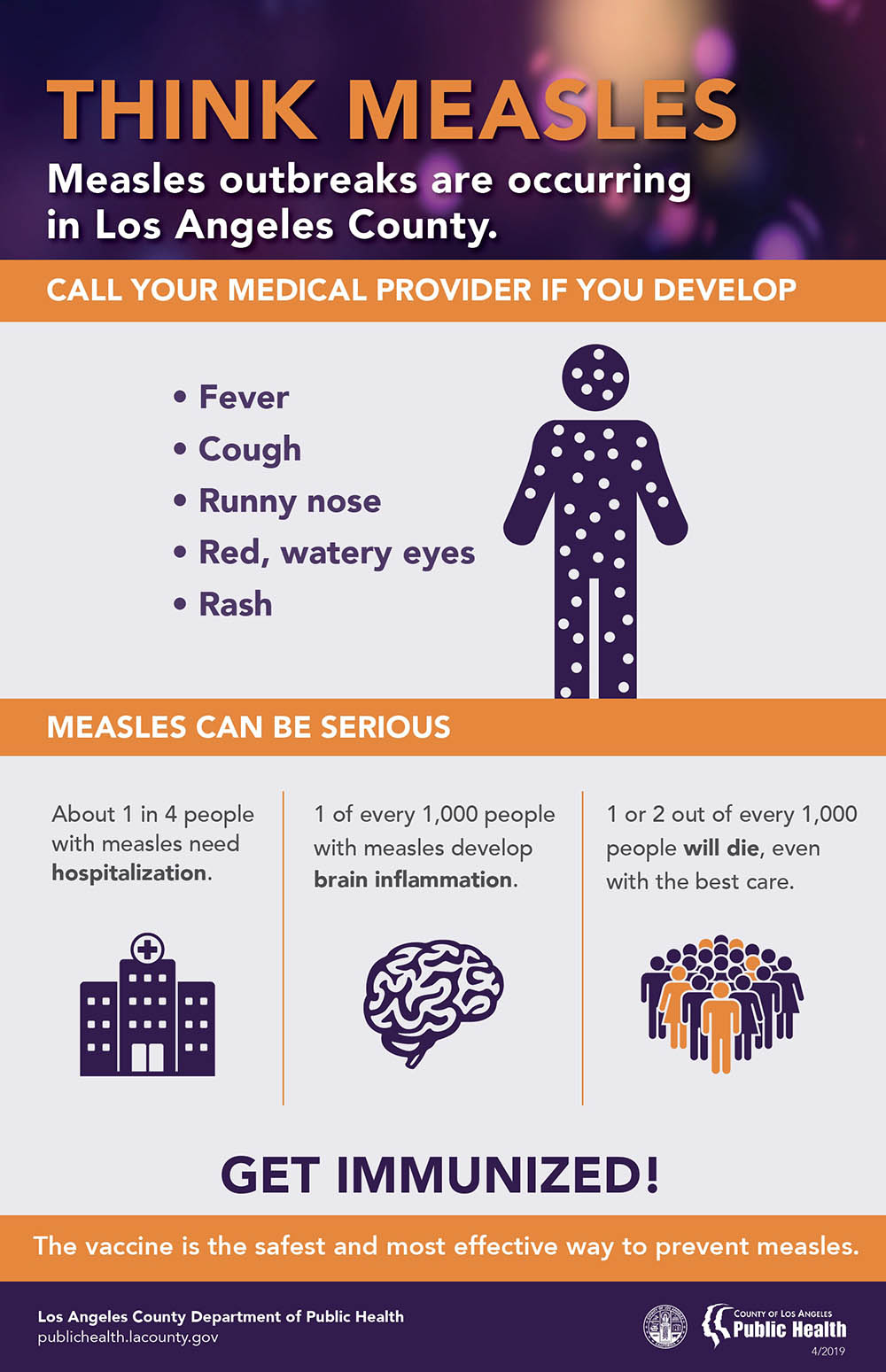What is Measles?

Measles, also known as rubeola, is a viral infection that affects the respiratory system. It is caused by the measles virus, which is spread through the air when an infected person coughs or sneezes. The virus can also be spread through direct contact with an infected person’s saliva, mucus, or other bodily fluids. Measles is characterized by a range of symptoms, including fever, cough, runny nose, and a distinctive rash that appears on the skin.
Causes of Measles Outbreaks
Measles outbreaks can be caused by a variety of factors, including:
- Low Vaccination Rates: Measles outbreaks often occur in areas where vaccination rates are low. This is because the measles vaccine is highly effective in preventing the spread of the disease, but it requires a high level of coverage to provide herd immunity.
- Vaccine Hesitancy: Some individuals may be hesitant to get vaccinated due to misinformation or concerns about vaccine safety. This can lead to a decrease in vaccination rates and an increased risk of outbreaks.
- Importation of the Virus: Measles can be imported into a country or community through international travel. This can happen when an infected person travels to an area where the virus is not common, and the local population is not immune.
- Complacency: Measles outbreaks can occur when communities become complacent about the disease and do not take the necessary precautions to prevent its spread.
Measures to Prevent Measles Outbreaks
Preventing measles outbreaks requires a multifaceted approach that involves individuals, communities, and governments. Some of the measures that can be taken to prevent measles outbreaks include:
- Vaccination: The measles vaccine is the most effective way to prevent measles outbreaks. The vaccine is typically administered in two doses, with the first dose given at 12-15 months of age and the second dose given at 4-6 years of age.
- Improved Vaccination Rates: Governments and healthcare providers can work to improve vaccination rates by increasing access to the vaccine, providing education and outreach to communities, and addressing concerns about vaccine safety.
- Travel Precautions: Individuals who travel to areas where measles is common should take precautions to prevent the spread of the disease. This includes getting vaccinated before traveling and taking steps to avoid exposure to the virus while abroad.
- Surveillance and Outbreak Response: Governments and healthcare providers can establish surveillance systems to monitor measles cases and respond quickly to outbreaks. This includes investigating cases, identifying contacts, and providing vaccination and other interventions as needed.
- Education and Awareness: Educating communities about the risks of measles and the importance of vaccination can help to prevent outbreaks. This includes providing accurate information about vaccine safety and effectiveness, as well as addressing concerns and misconceptions about the vaccine.
Role of Individuals in Preventing Measles Outbreaks
Individuals can play a critical role in preventing measles outbreaks by:
- Getting Vaccinated: Getting vaccinated is the most effective way to prevent measles outbreaks.
- Staying Informed: Staying informed about measles and the importance of vaccination can help individuals make informed decisions about their health.
- Avoiding Exposure: Avoiding exposure to measles, especially if you are not vaccinated, can help to prevent the spread of the disease.
- Practicing Good Hygiene: Practicing good hygiene, such as washing your hands frequently and avoiding close contact with individuals who are sick, can help to prevent the spread of measles.
Role of Governments in Preventing Measles Outbreaks
Governments can play a critical role in preventing measles outbreaks by:
- Establishing Vaccination Programs: Establishing vaccination programs can help to improve vaccination rates and prevent measles outbreaks.
- Providing Education and Awareness: Providing education and awareness about measles and the importance of vaccination can help to address concerns and misconceptions about the vaccine.
- Monitoring and Responding to Outbreaks: Monitoring and responding to outbreaks quickly can help to prevent the spread of measles and minimize the impact of outbreaks.
- Supporting Research and Development: Supporting research and development of new vaccines and treatments can help to improve our understanding of measles and develop more effective interventions.
Frequently Asked Questions (FAQs)
- Q: Is the measles vaccine safe?
A: Yes, the measles vaccine is safe and effective. It has been extensively tested and proven to be safe for use in children and adults. - Q: Can I get measles if I have been vaccinated?
A: Yes, it is possible to get measles even if you have been vaccinated. However, the risk of getting measles is much lower if you have been vaccinated. - Q: How long does it take for the measles vaccine to become effective?
A: The measles vaccine typically becomes effective within two weeks of administration. - Q: Can I get measles from being around someone who has been vaccinated?
A: No, you cannot get measles from being around someone who has been vaccinated. - Q: What are the symptoms of measles?
A: The symptoms of measles include fever, cough, runny nose, and a distinctive rash that appears on the skin.
Conclusion
Preventing measles outbreaks requires a comprehensive approach that involves individuals, communities, and governments. By getting vaccinated, staying informed, avoiding exposure, and practicing good hygiene, individuals can play a critical role in preventing measles outbreaks. Governments can also play a critical role by establishing vaccination programs, providing education and awareness, monitoring and responding to outbreaks, and supporting research and development. By working together, we can prevent measles outbreaks and protect public health. It is essential to remember that measles is a serious disease that can have severe consequences, especially for young children, pregnant women, and individuals with weakened immune systems. By taking the necessary precautions and staying informed, we can prevent measles outbreaks and keep our communities safe.
Closure
Thus, we hope this article has provided valuable insights into Preventing measles outbreaks. We hope you find this article informative and beneficial. See you in our next article!